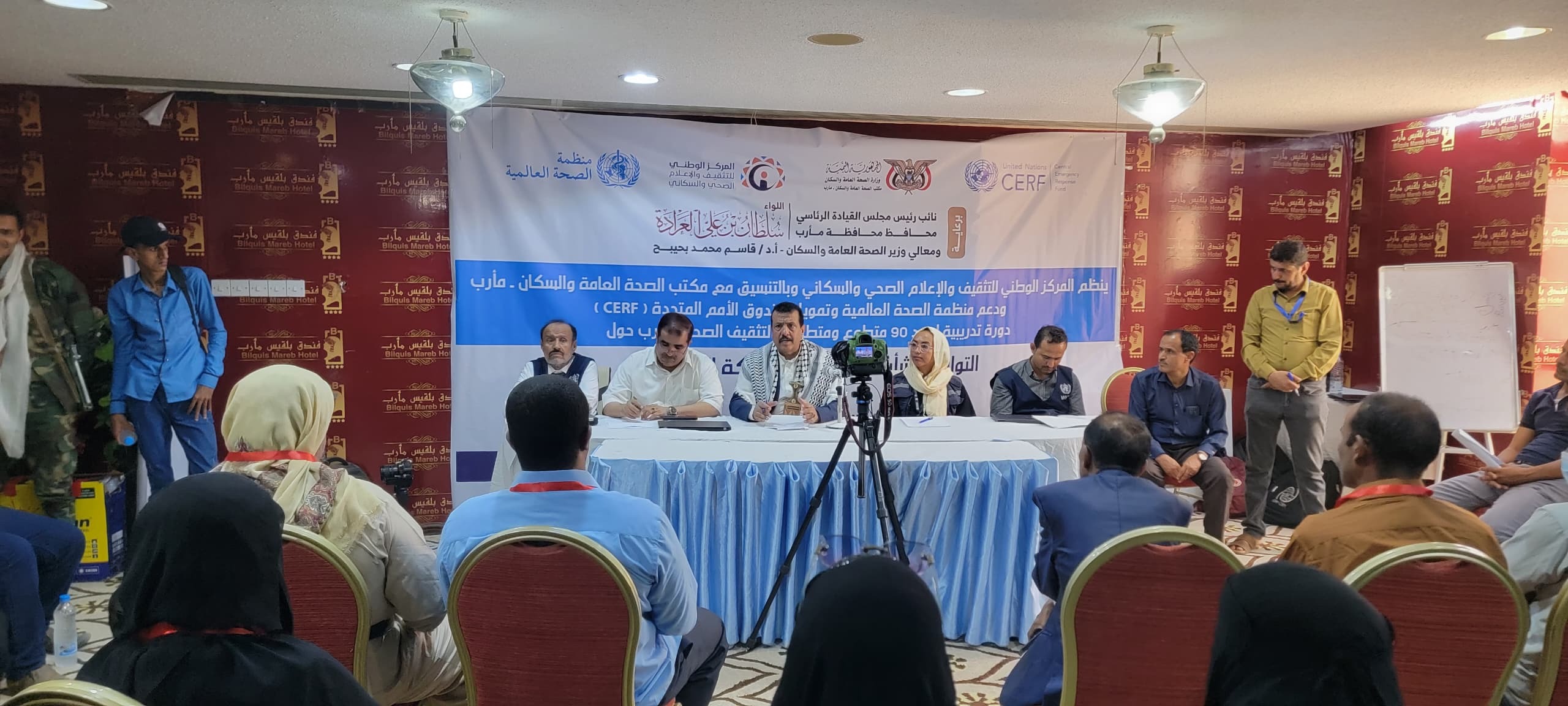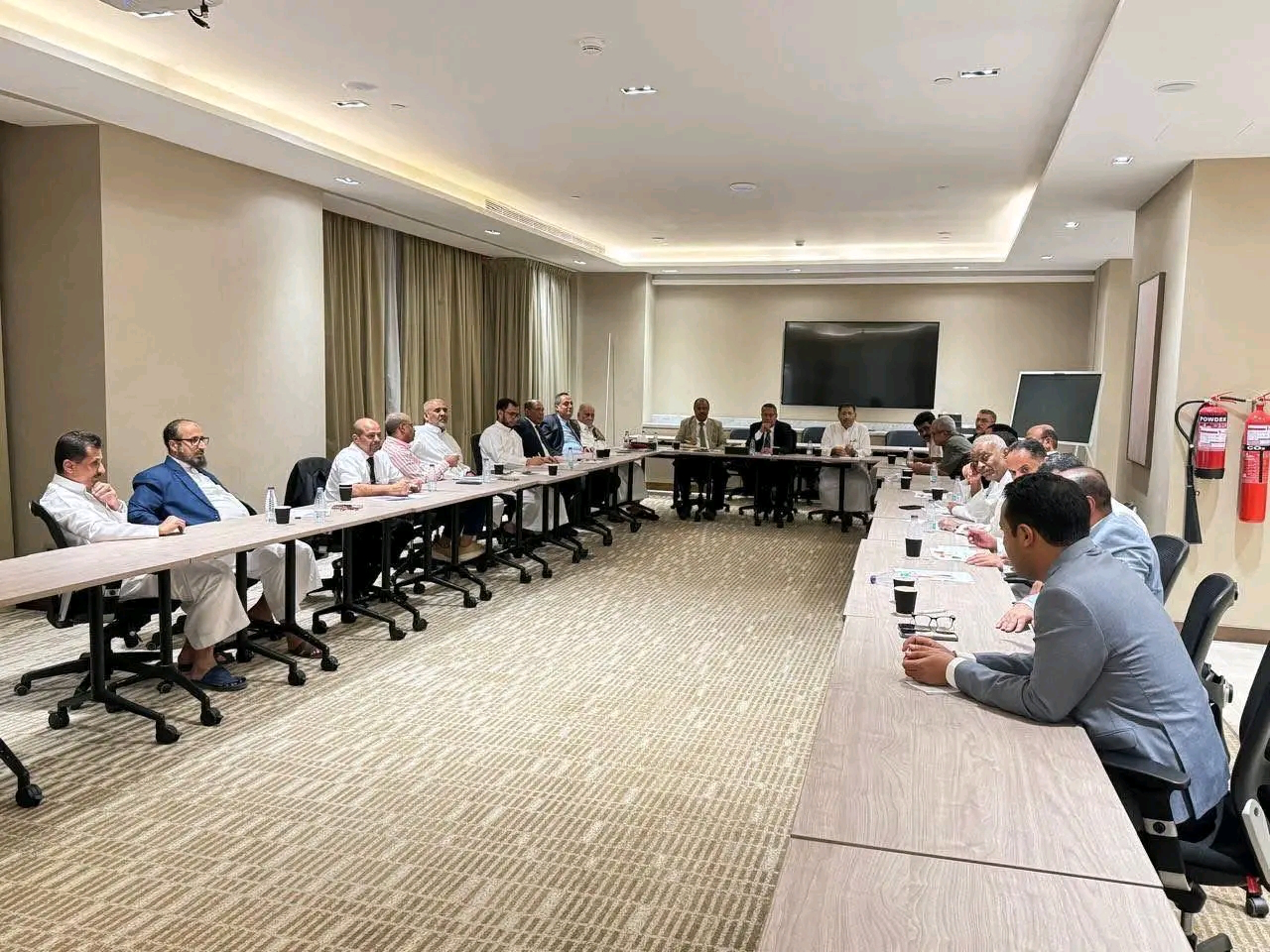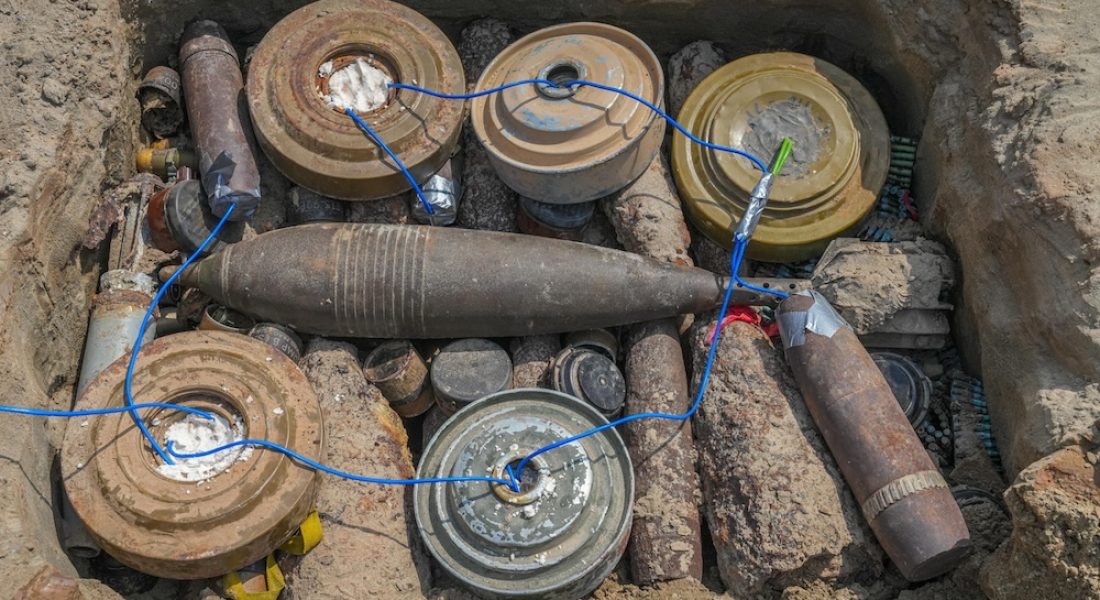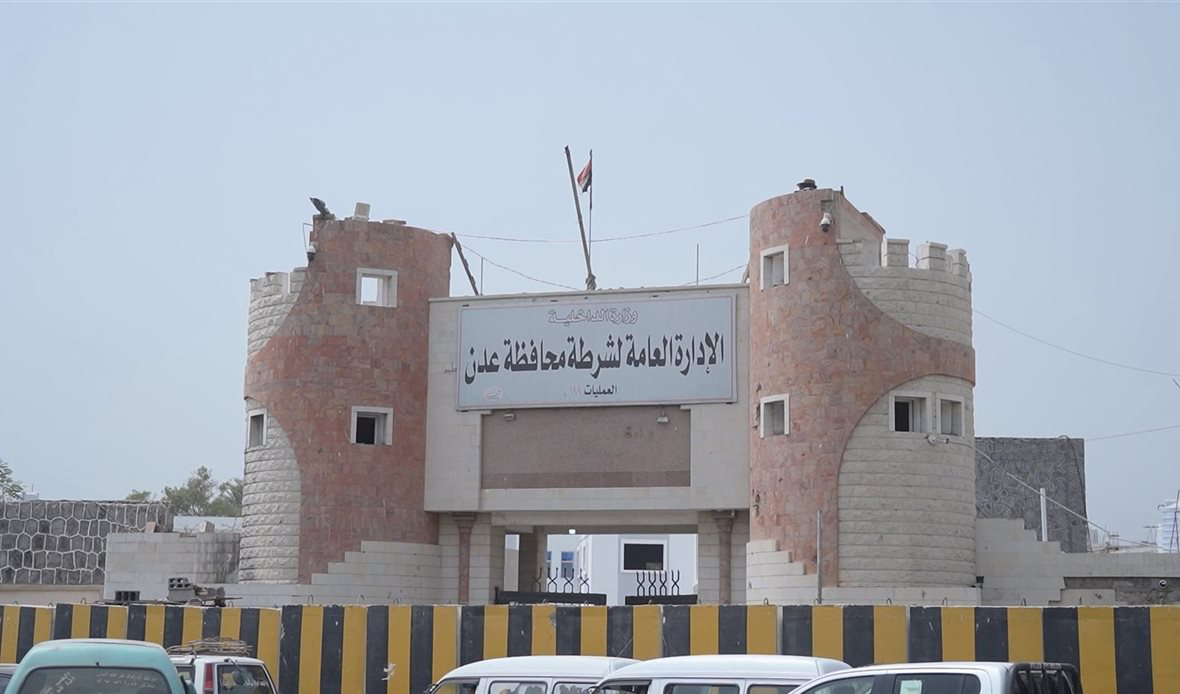
Barran Press
The Deputy Governor of Marib, Dr. Abdul Rabih Muftah, inaugurated a three-day training program on Monday for health education volunteers in the governorate's districts of Marib City, Al-Wadi, and Harib. The program focuses on community engagement and communication during emergencies.
The training, funded by the World Health Organization (WHO) and the United Nations Emergency Fund, is organized by the National Center for Media and Health Education in coordination with the Marib Health Office. It aims to equip 90 volunteers from the three districts with the skills and methods to conduct awareness campaigns about prevalent diseases and epidemics, including cholera, diphtheria, measles, and dengue fever.
The volunteers will also develop an action plan to implement educational sessions on preventive measures and encourage community participation in combating these diseases.
During the launch, Deputy Governor Muftah emphasized the importance of this training in empowering volunteers who have played a vital role in raising community awareness, disseminating accurate health messages, and mobilizing the community to combat deadly outbreaks. He acknowledged their contributions in previous efforts to control epidemics.
Muftah highlighted the Marib authority's commitment to strengthening partnerships with the WHO, facilitating its operations, and supporting the work of all partner organizations. He expressed his dedication to overcoming any obstacles to ensure the WHO can fulfill its responsibilities towards the over 3 million displaced people and host communities in the governorate.
He expressed gratitude for the WHO's support for the health sector and its assistance in protecting the community from diseases, viral pandemics, and outbreaks in recent years. He acknowledged the WHO's funding for numerous health projects, programs, and training courses for medical personnel in the governorate.
The Director General of the Marib Health Office, Dr. Ahmed al-Abadi, provided an update on the current epidemiological situation in the governorate, presenting the latest statistics and figures recorded by his office regarding confirmed and suspected cases of various diseases, including mortality rates.
Al-Abadi reported that since the beginning of the year, the Health Office has recorded 591 cholera cases, including 7 deaths, 40 laboratory-confirmed cases, 121 diphtheria cases, including 8 deaths among those who had not received the necessary vaccinations, 358 measles cases, and 501 dengue fever cases, including 24 confirmed cases.
The WHO's Communication and Outreach Officer for the Aden office emphasized the organization's commitment to strengthening its existing partnership with the Marib local and health authorities. She expressed the WHO's intention to expand this partnership to include new health projects and initiatives in the governorate in the future.
The launch event was attended by the WHO's coordinator for Marib, Dr. Ali Sariyah, and the Health Cluster coordinator, Dr. Fawaz al-Shamiri.





